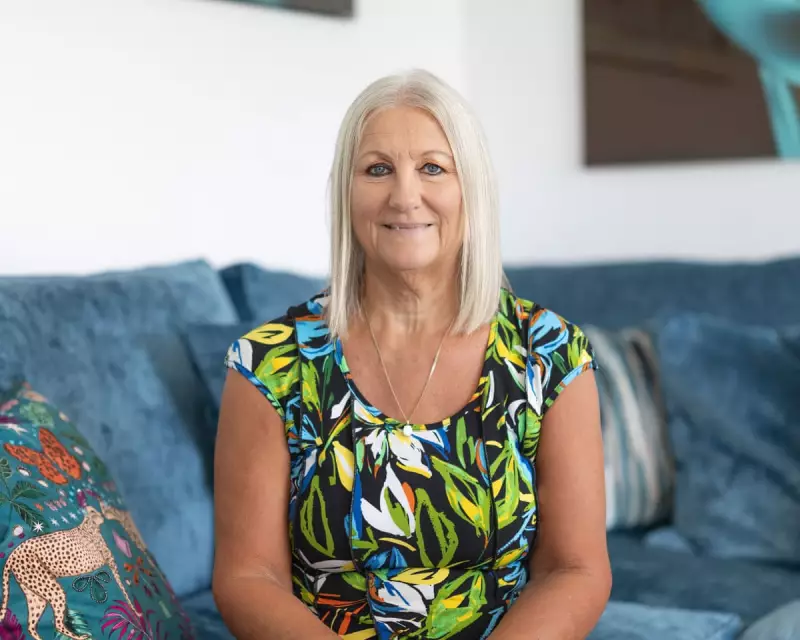
Kim Cotton, the woman who made history as the UK's first commercial surrogate mother, has made the momentous decision to close her pioneering agency after four decades of operation, citing an 'overwhelming and unsustainable' surge in demand.
Her organisation, Childlessness Overcome Through Surrogacy (COTS), which has helped create hundreds of families since 1988, will cease its matching services, marking the end of an era for the British surrogacy community.
The Emotional Toll of a Booming Industry
Cotton revealed that the decision was driven by an impossible workload and the intense emotional complexities inherent in modern surrogacy arrangements. 'It is all-consuming,' she stated. 'The volume of intended parents, particularly from overseas, and the sheer number of intricate cases has become too much.'
The closure highlights a critical paradox: while societal acceptance and demand for surrogacy have skyrocketed, the support infrastructure, still operating on a non-profit 'friendship' model, is buckling under the pressure.
A Legacy Born from Personal Experience
Kim Cotton's journey began in 1985 when she famously agreed to carry a child for an unrelated couple for a £6,500 fee, a transaction that sparked intense media scrutiny and public debate. This experience led her to co-found COTS to provide a safer, more ethical framework for surrogacy in the UK.
Unlike many countries, UK law prohibits commercial surrogacy, allowing only reasonable expenses to be paid. COTS operated within this legal framework, focusing on building relationships between surrogates and intended parents.
The Perfect Storm of Soaring Demand
Several converging factors have created a surge in demand that ultimately overwhelmed the agency:
- Growing Social Acceptance: Surrogacy has shed much of its past stigma.
- International Clients: A rise in intended parents from countries where surrogacy is banned.
- Complex Family Structures: Increasing requests from older parents and gay couples.
- Outdated Legislation: The current laws, described as 'not fit for purpose', create lengthy, stressful legal processes for new parents.
An Uncertain Future for UK Surrogacy
The closure of such an established cornerstone of the UK surrogacy landscape leaves a significant void. It raises urgent questions about who will support future surrogate mothers and intended parents through one of the most emotionally charged journeys of their lives.
Cotton's final act is a powerful plea for reform. She advocates for a new, properly funded and regulated system that can handle the scale and complexity of modern surrogacy, ensuring the safety and well-being of all involved—especially the children at the heart of every arrangement.





